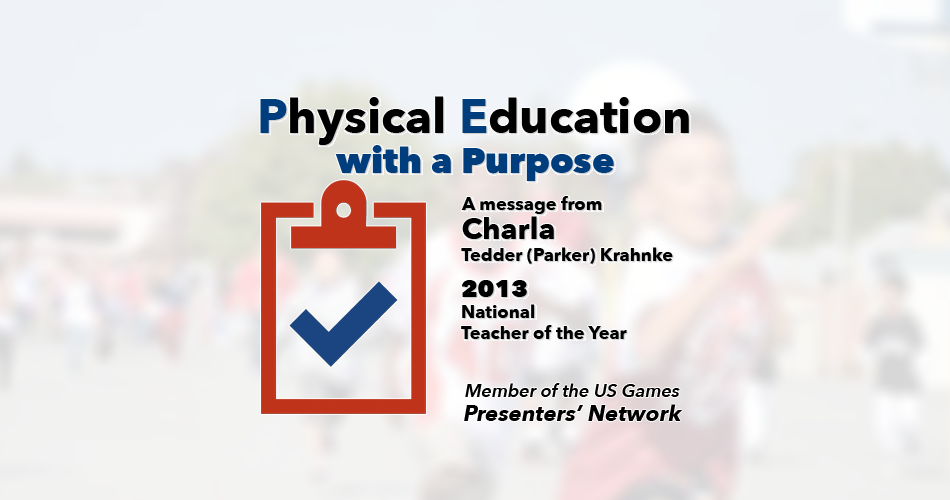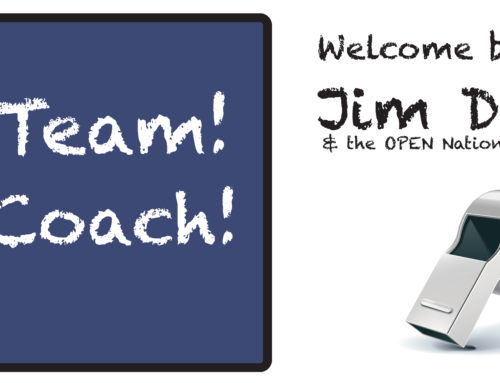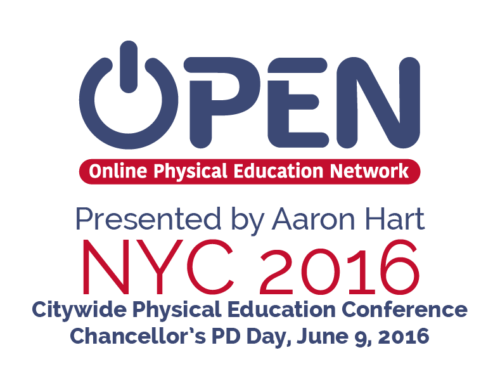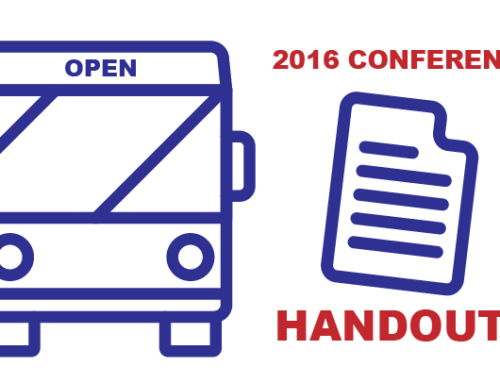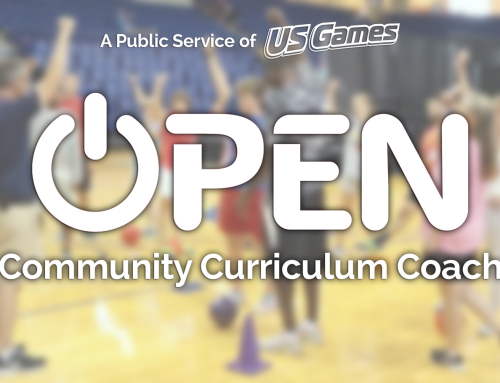As a veteran Physical Education teacher, I have realized that every class I teach has a different personality and therefore, needs to be taught with a different technique. The biggest challenge I have faced is to get every student to participate daily at the high school level. I want all students to find something that interests them in order to continue lifelong physical activity. In order to be successful with this challenge and to prepare students for the demands of the 21st century, I have continued educating myself by attending workshops and conventions.
In the fall of 2000, while teaching at North Iredell High School I was chosen to attend the first Physical Education Partnership with Sport Education (PEPSE) workshop and be trained to implement a physical education model called “Sport Education.” Each teacher was paired with a university partner to assist in this project. I was fortunate enough to be paired with Appalachian State University. Together we were able to implement a model which gave me a new perspective on physical education. I was excited about teaching again, and students, who before did not want to participate, now found it exciting. With the guidance of the PEPSE project, I was able to begin implementing this model of Sport Education, which was first developed by Daryl Siedentop at Ohio State University.
The sport education model focuses on building teamwork, relationships, fair play, leadership, skills and game strategies that enhance participation. Elements of this model include a training camp, officiating clinic, and pre-season/ regular season competition consisting of small-sided games, a tournament/celebration in which everyone is a winner.
Students actively engage in their own learning as they choose how they will participate. Each student has a role on his/her team (captain, co-captain, coach, manager, exercise specialist, publicist, sports council…) The team with the most point’s at the end of a 12-20 day season wins. Points are calculated by participation and activities such as doing their own warm-ups, officiating/score/stats, team challenges, written tests and successful completion of all tasks. Students do not want to let down their peers, so they focus on improving their skills/knowledge. In this model all students learn responsibility by performing their duties, increase social skills as teams work together toward common goals in initiative activities and develop successful offenses/defenses and game strategies. This style of teaching provided more opportunities for students to learn from each other. Students assist in teaching skills necessary in participating in the sport. Students learn quickly that you don’t have to be an athlete to be successful.The first unit I taught, participation increased to 100 percent and school attendance improved.Cognitive skills needed to learn the rules of basketball and the skills needed to officiate were seen in the model. Students learned the meaning of fair play by signing player contracts and displaying team spirit by being supportive of each other. No one wanted their team to lose penalty points due to negative behaviors. Students learned to trust and encourage each other.
All teachers have different teaching strategies—this just happens to be the one that works for me and includes all state and national standards. Thanks goes to Dr. Kimberly Bush, a professor at NC State, for introducing me to teaching Instructional Models workshops through the National Association for Sport Physical Education (NASPE PIPELINE). I have presented many workshops like these and others around the country, and I always seem to learn something from the participants as well. Seeing the excitement on the faces of these teachers when learning something new reminds me of why I do what I do.
My advice to any new teacher is to always keep an open mind and be willing to change. Your teaching style should be based on the types of students you teach. There is nothing that works for everyone, but continue learning for the benefit of your students. Using different teaching strategies will keep you in the profession longer, and your students will appreciate the hard work you put into the daily lessons.

